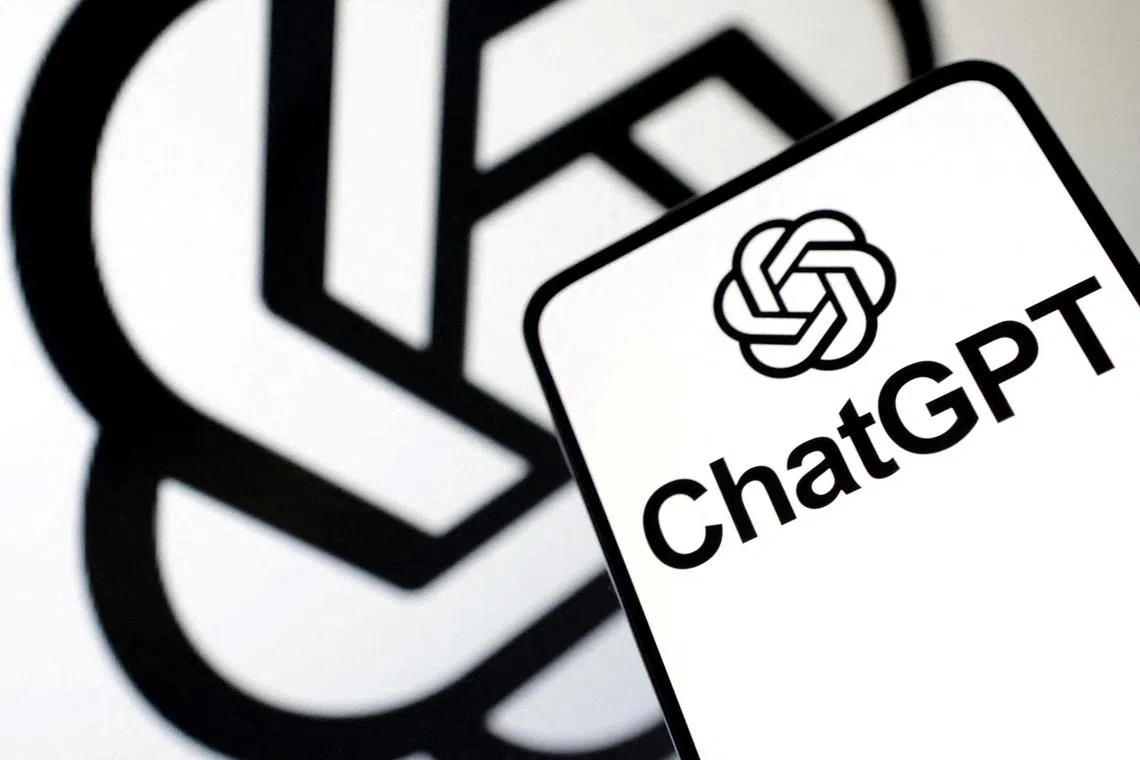For subscribers
It’s not the end of work; it’s the end of boring work
ChatGPT is actually good news for the office, making for a more productive day all round
Sign up now: Get ST's newsletters delivered to your inbox

Companies that promote workers who can automate the tedious parts of their jobs will be more profitable in the long run.
PHOTO: REUTERS
Despite all the dazzling digital advances, the trillions of dollars spent on computer technology have done almost nothing to make the world a more productive place. The economist Robert Solow, who identified this problem, called it the productivity paradox. In 1987, a decade into the computer revolution, he observed that productivity growth had actually slowed down. “You can see the computer age everywhere,” he wrote, “but in the productivity statistics.”
Economists and historians have spent a lot of time scratching their heads about why this might be. But you already know the answer: Software is supposed to make us faster, but often it makes us slower. We spend a half-hour clumsily filling out PDF files that we could have done with pencil and paper in a minute. We spend an hour bouncing e-mails back and forth to clarify a point that could have been nailed down in 30 seconds on the phone. The digital era has made a lot of everyday work more complicated and less efficient than it was 30 years ago.


